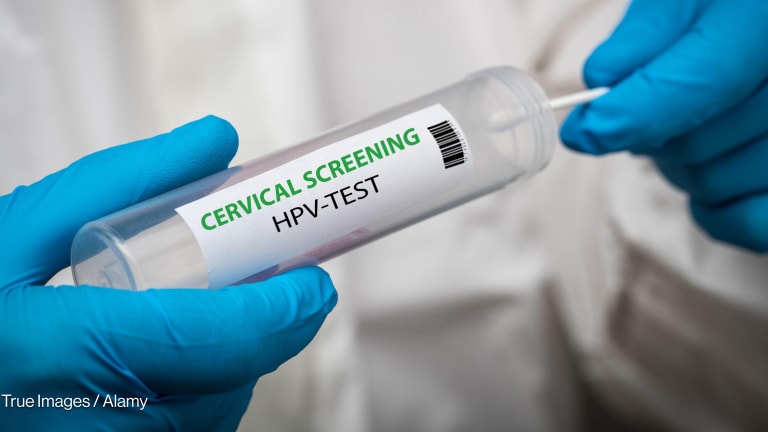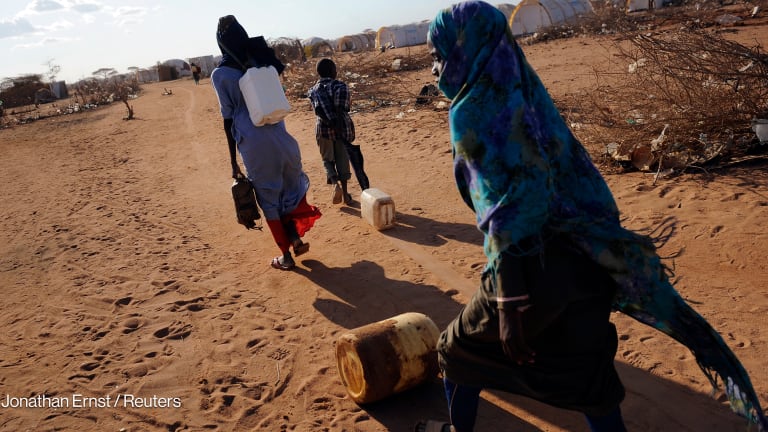
About 2.8 million COVID-19 vaccines have expired across the African continent, which is only 0.5% of the total vaccines received, said Dr. John Nkengasong, director of the Africa Centres for Disease Control and Prevention, during a press briefing Thursday.
The continent has received about 572 million doses of COVID-19 vaccines and administered 353 million doses. About 10% of the continent’s population is fully vaccinated.
Sign up for Devex CheckUp
The must-read weekly newsletter for exclusive global health news and insider insights.
Avoiding expiration: This percentage is lower than what other parts of the world have experienced. For example, Reuters reported that the French government said in April that 25% of AstraZeneca, 20% of Moderna, and 7% of Pfizer vaccines expired.
But while the percentage of expired doses is low, Nkengasong still stressed that even that figure is too high.
“Any dose of vaccine that expires pains me because that is a life that can potentially be saved,” he said. “We should do everything possible, both from the donation side, as well as the receiving side, to avoid [creating] scenarios where vaccines will expire.”
Short shelf lives: The doses that have expired are mainly vaccines donated, either bilaterally or through COVAX, with short shelf lives, Nkengasong said, adding that donations should come with a shelf life in between three to 6 months, so countries can properly plan their rollouts.
Lower-income countries rejected more than 100 million doses from COVAX last month mainly because they were near expiry. They want to avoid the “narrative that vaccines have expired in their countries. I think most countries are very sensitive to that now,” he said.
In December, Reuters reported that Nigeria destroyed more than a million expired doses.
None of the Johnson & Johnson vaccines, purchased through the Africa Vaccine Acquisition Task Team, have expired, Nkengasong said, and that’s likely due to countries having received the doses with an adequate shelf life and because the vaccine requires only one dose, so countries don’t need to keep shots for their population’s second dose.









